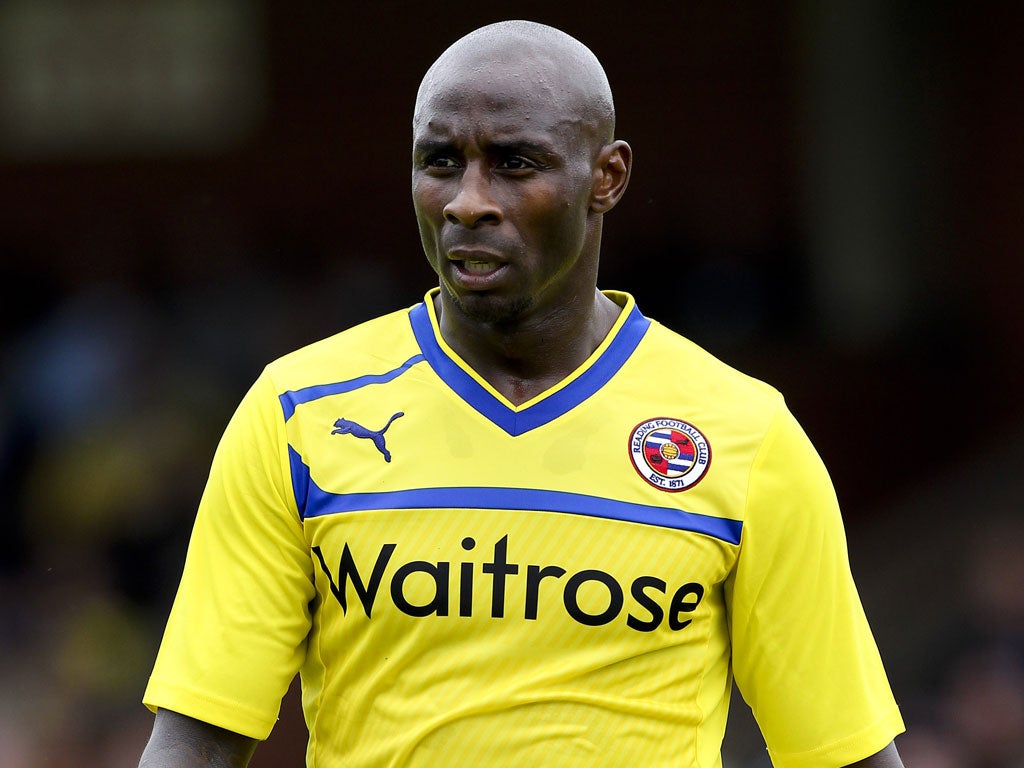FA urges social media networks to combat widespread racist abuse of black footballers online
Documentary reveals how racism and homophobia persist in top flight football despite years of campaigning

Growing concern over the widespread racist abuse of black footballers online has prompted the Football Association to call on social media networks to up their game and do more to tackle the problem.
This comes on the eve of a documentary being broadcast on Channel 4 on Monday night which reveals how racism and homophobia persist in top flight football despite years of campaigning to try and clean up the game.
Last year the police and the Crown Prosecution Service, backed by the Football Association, promised to tackle “..all forms of abuse in football, be it in the stands, or on our computer screens.”
Yet an undercover investigation for the C4 Dispatches Hate on the Terraces documentary highlights how even after this pledge, racist and homophobic chanting continues in the grounds of some of the biggest clubs across the country.
In one incident fans shouting deeply offensive racist abuse in front of police officers escaped unpunished.
And the problem is not just physical. Racist abuse is posted on fan forums linked to the official websites of clubs such as Manchester United and Everton, on YouTube videos and social networks such as Twitter.
At least 40 per cent of the 150 black players in the Premiership have suffered racist comments over the last two years.
Chelsea defender Ashley Cole, Tottenham striker Adebayor, Liverpool defender Glen Johnson and Arsenal winger Alex Oxlade-Chamberlain are among those who have been targeted.
Another, former Premiership striker Jason Roberts, who played for Blackburn, Wigan, and West Bromwich Albion, said: “I’m on Twitter myself and some of the abuse that I get is horrific really. You can’t believe that people feel that way but actually will take the step to go and sit in front of a computer and type it and send it.”
He described the type of comments he has been sent: “Black this, black that, slavery, your family, you know, I hope you die and the N word used everywhere. Again it’s one of those things you learn to try to deal with it. So you hope that the authorities will take action and there will be arrests made and people will be made examples of.”
Darren Bailey, the FA's director of governance and regulation, commented: “Clearly abuse on social media is something we're mindful of. We have collaborated with the DPP on social media guidelines. But I think in this space, Twitter itself, and other forms of social media, could be doing more.”
He added: “Social media has brought many positives to the game, but has also unleashed unintended consequences. We would welcome and support more robust interventions which help counter discrimination.”
The level of online abuse is getting worse, with a 43 per cent increase in reports of discriminatory remarks being posted on social media in the last year, according to Kick It Out.
And former striker turned pundit Stan Collymore deactivated his Twitter account earlier this year, in response to repeated racist abuse.
Dealing with the problem is difficult, according to senior police officers.
Andy Holt, deputy chief constable, South Yorkshire Police, and the lead on football policing for the Association of Chief Police Officers, admitted it’s not easy to bring people to justice. “If they are making comments, hosted through an internet provider that’s based in China or the Far East or whatever, tracking them down with the cooperation of some of those, is actually sometimes quite difficult.” It is “quite a substantial problem” and “policing the internet presents its challenges,” he added.
